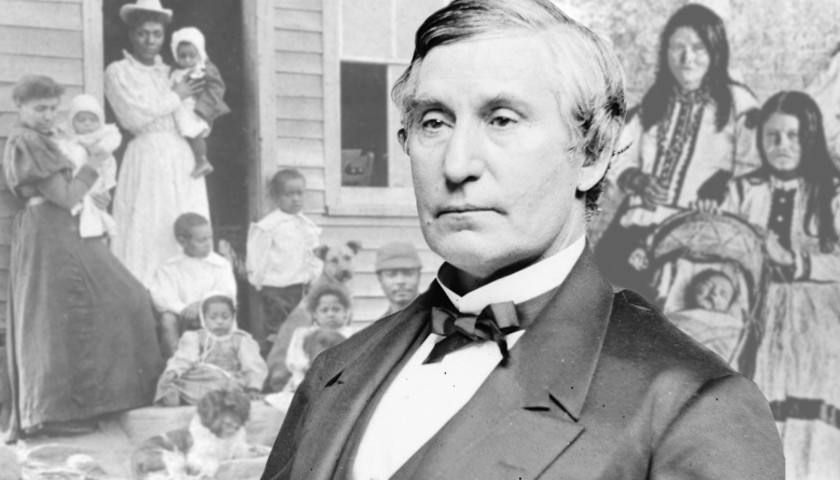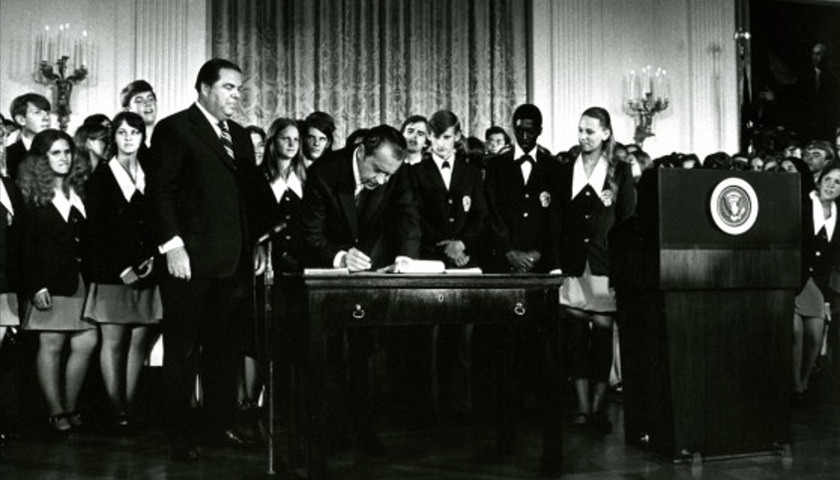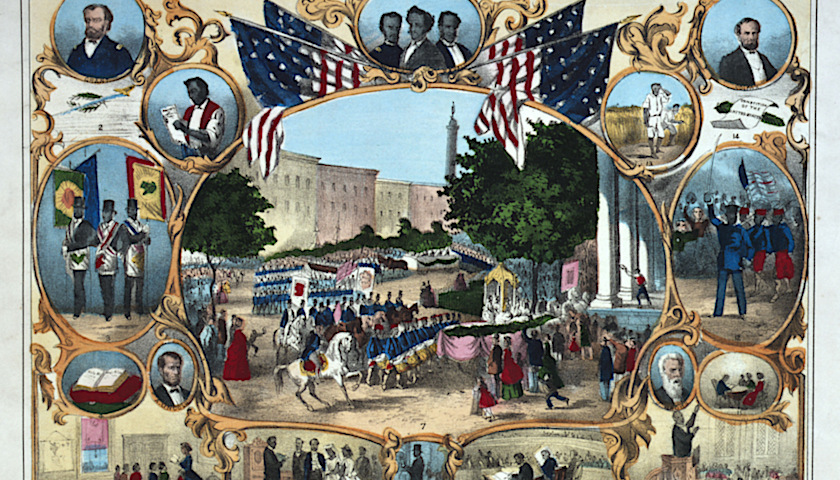The 15th Amendment to the U.S. Constitution, which granted freed former male slaves and any adult male citizen the right to vote, was ratified by the requisite three-fourths of all states and added to the Constitution in 1870. At the time there were 37 states, and when the 28th state ratified the amendment in February, 1870, the three-fourths standard was met. Tennessee was not among those 28 states. In fact, Tennessee did not get around to ratifying the 15th Amendment until more than 100 years later, in 1997. Here is that story: During the Reconstruction period in the American South, in the aftermath of the Civil War, three individual amendments were incorporated into the U.S. Constitution – each separated in succession by only a few years – pursuant to that document’s Article V. This trifecta ended a dry spell of more than 60 years of no amendments at all finding their way into the federal Constitution. The 13th Amendment, ending slavery, was adopted in 1865. The 14th Amendment, defining citizenship status, came along in 1868 (although there is some question as to whether its ratification process was 100 percent strictly by-the-book). And the 15th Amendment, granting to former male slaves –…
Read the full story





